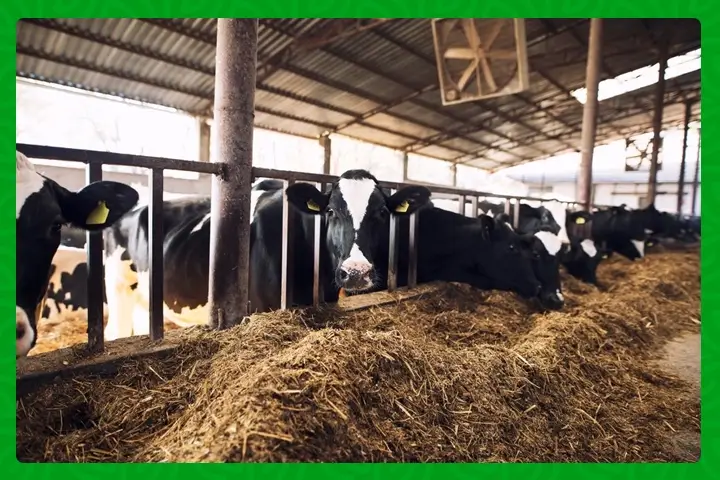
Livestock farmers across the nation are sounding a collective plea to the government, urging a critical review of the livestock levy introduced a few years ago. The consensus among farmers is that this levy, introduced in 2017, is casting a dark shadow over their businesses, adversely impacting their ability to thrive in an already challenging agricultural landscape.
The Weight of the Livestock Levy
Introduced under Statutory Instrument 129 of 2017, the livestock development levy encompasses day-old chick producers, raw milk purchasers, and beef cattle slaughterers. The financial burden trickles down to farmers who find themselves wrestling with the economic fallout.
Producers of day-old chicks are required to part with a cent per chick, while purchasers of raw milk face a similar charge per liter. For those in the beef cattle industry, a $10 levy is imposed on the value of a fifth quarter per slaughtered animal.
Moketsi Basuthu, Chairperson of the Kirton Farmers Association, voices the collective concern, emphasizing that the livestock levy is exacerbating challenges for farmers already grappling with a drought-induced crisis. The cost of cattle movement, coupled with a lack of compensation for offals, leaves farmers at a disadvantage. Moketsi points out the disparity in government support, highlighting that while grain farmers enjoy donated fertilizers, seeds, and other input schemes, livestock farmers bear the entirety of their costs.
The Hidden Costs: A Call for Comprehensive Solutions
Moketsi draws attention to the high costs associated with cattle movement, with transporters passing these expenses directly to the farmers. Crucially, farmers receive payment solely for the dressed weight of cattle, neglecting any compensation for offals. This financial imbalance favors butcheries and abattoirs, leaving farmers at a loss.
The leather industry, a potential economic powerhouse, remains dormant due to the government’s failure to find ways to compensate farmers for the hides of the cattle they sell. Moketsi laments the lack of comprehensive support for livestock farmers during challenging times, asserting that the responsible ministry has fallen short in meeting the needs of those in the livestock sector.
Struggling Livestock Farmers: A Plea for Fair Treatment
In Matabeleland North, South, and Masvingo provinces, farmers are confronted with additional challenges. Livestock clearance is managed by a minimal number of police officers, often with insufficient resources. This administrative hurdle, combined with the overall poor performance of the police, directly impacts farmers’ wallets.
Government Intentions vs. Livestock Realities
While the government cites the livestock development levy as a means to fund initiatives such as disease prevention, research in livestock production technologies, transparent grading, and livestock marketing, farmers argue that the current structure is skewed against their interests. The need for a transparent and farmer-friendly system is evident, one that acknowledges and addresses the unique challenges faced by livestock farmers.
A Way Forward: Review, Revise, and Revitalize
In conclusion, the collective plea from livestock farmers is not a demand for handouts but a call for a fair and sustainable system that supports their contribution to the nation’s agricultural prosperity. A comprehensive review of the livestock levy, coupled with targeted solutions to address the challenges highlighted, is crucial for the survival and thriving of this vital sector. It’s time to unlock the potential of livestock farming, ensuring a brighter and more equitable future for farmers across the nation.
Original article was written By Silas Nkala


















